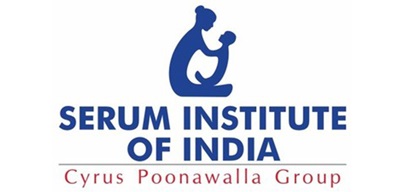BSc (Hons) Microbiology
Eligibility : 10+2 with at least one science subject & minimum 55% marks
- Duration : 4 years
- Admission Criteria : CUET/ NEET/JEE/ SAT or Shoolini University's multiple choice entrance test, and faculty interaction
Study of applied sciences such as BSc (Hons) Microbiology at Shoolini University includes cutting-edge methods to learn about pathogenic microbes, biological diversity, evolution, and biotechnology. Elaborate practical and experimental training makes our young scholars proficient in laboratory skills and techniques.
This field concentrates on microscopic organisms. Bacteria, fungi, protists, and, in some cases, viruses are also part of the organisms studied. It also examines nucleic acid in the form of DNA or RNA sequences. Theoretical and practical aspects of the subject are studied in detail.
Shoolini has an illustrious team of faculty members. Our students learn from some of the best teachers in India, who have been trained and educated in the best universities of the world such as the National Cancer Institute, USA, NIH, USA, IISc and Oxford
Shoolini University has several international collaborations with foreign universities in Korea, Italy, USA and Europe so that students can avail opportunities to study at international campuses.
The course is UGC certified.
Research Opportunities
Plant Biotechnology, Animal Biotechnology, Enzyme technology, Immunology, Parasitology, Cancer biology

Summit Research
India’s first undergrad research program where students can be research fellows.
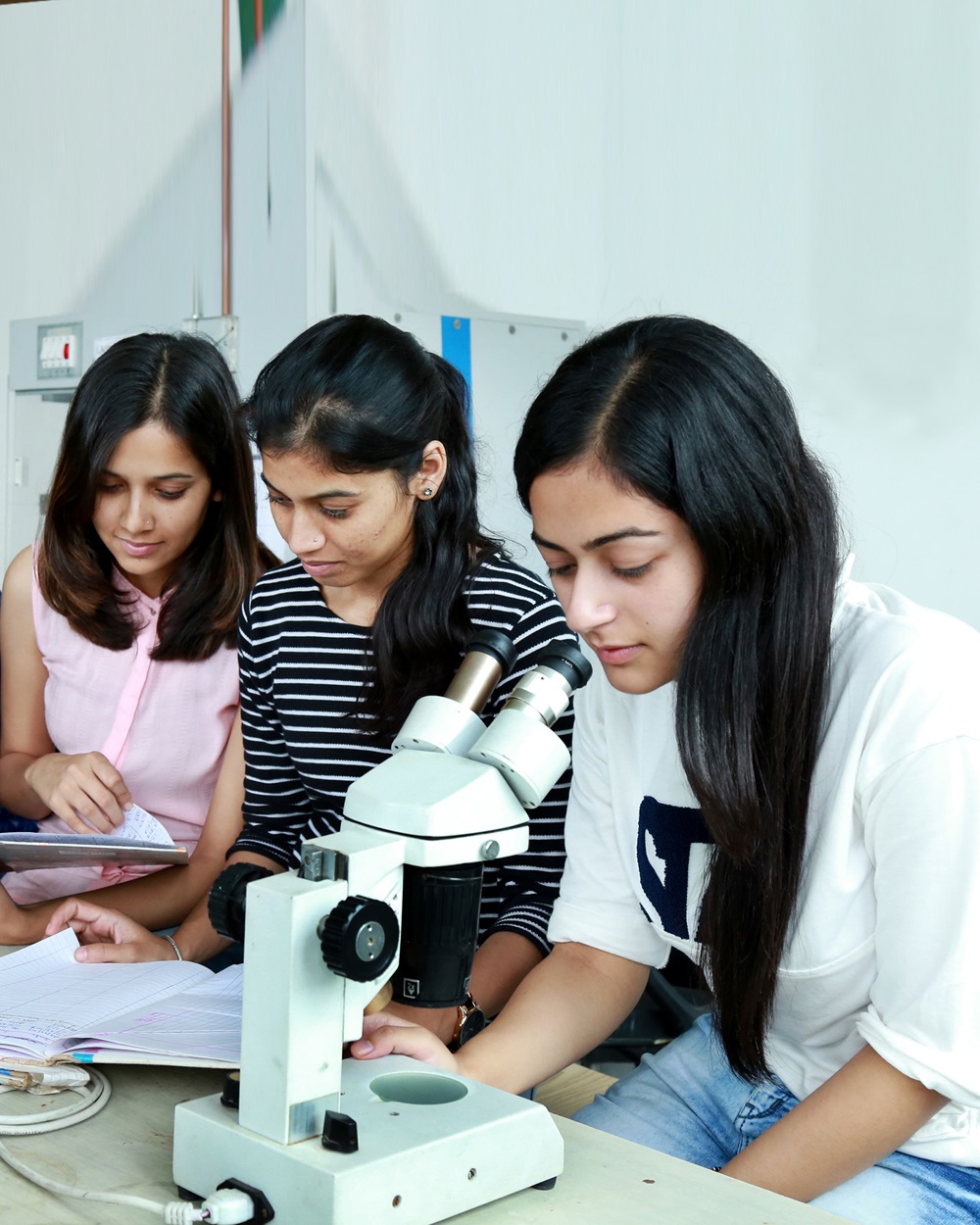
One-Student One-Patent
Students are mentored to file patents in the first year itself.
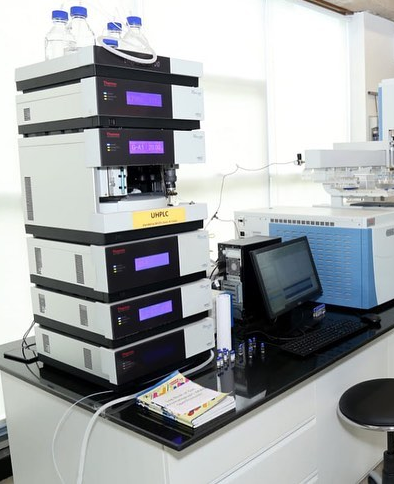
Well-Equipped Laboratories
Commercial Food Testing Lab sponsored by the Ministry of Food Processing Industries (GoI)
VISION
To offer a top-notch education in microbiology that promotes academic success, a solid foundation in the fundamentals of the field, and real-world experiences and skills that are directly relevant to industry demands.
MISSION
MISSION-1:To prepare students for a range of careers in environmental science, industry, research, healthcare, and other relevant fields by encouraging creativity and keeping them informed about the most recent advancements in microbiological sciences.
MISSION-2:To develop the ability to think critically and to use knowledge of microbiology to solve practical issues.
MISSION-3: To provide students with practical laboratory methods, equipment, and procedures that are frequently utilized in microbiological analysis and research.
MISSION-4:To imbue students with a robust sense of ethical obligation, focusing on the moral conduct of scientific inquiry, reverence for living beings, and cognizance of moral dilemmas associated with microbiology
PROGRAM EDUCATIONAL OBJECTIVE
- PEO-1:Graduates will be skilled in the use of tools, procedures, and equipment frequently used in microbiological analysis and research.
- PEO-2:Graduate will be competent in the design, execution, and interpretation of microbiological research utilizing the proper techniques and resources.
- PEO-3:Graduates will have an outstanding of how public health, environmental problems, and biotechnology applications relate to global and societal issues.
PROGRAM OUTCOME OR PROGRAM SPECIFIC OUTCOME
- PO-1:Disciplinary knowledge Students are able to demonstrate comprehensive knowledge and understanding of one or more disciplines such as chemistry, biochemistry, mathematics, statistics, microbiology, biotechnology, management; regulations with support of different allied subjects of Life Science; Physical Science. Understand how knowledge is created, advanced, renewed and apply in national and global context.
- PO-2:Communication Development of students’ communication skills is planned through a writing seminar (English) which is compulsory for each student. Besides that, the students do various assignments such as sprint that enable them to develop skills in public speaking writing and effective’s interpersonal skills. Presentations in each paper enhances their confidence, ability to express themselves, presentation skills.
- PO-3: Research-related skills Students develop a scientific temper and a sense of enquiry through various microbiology papers. They have capabilities in asking relevant questions relating to current issues and themes and state hypothesis and rationale for inquiry. Students are capable of using appropriate research methodology especially for understanding safety issues in handling of different micro-organism and reporting the results in different formats.
- PO-4:Cooperation/Teamwork Students are capable of effective working in diverse contexts and teams in classrooms laboratories, student societies, industry and the community. They have basic management skills for independently organizing events, resource mobilization and leading community-based projects, initiatives; cultural shows.
- PO-5:Self-directed learning Students are capable of working independently and are able to apply the concepts of Microbiology in an original; creative manner to solve and manage real life issues for the customers and industry. Students develop customized products as per the requirements of customers e.g. Antibiotics, bioactive compounds, enzymes and bio-products etc.
- PO-6:Multicultural competence Students are confident of working in diverse socio-cultural contexts. They are able to effectively engage with multicultural groups and teams. They have sensitivities of cross cultural and ethnic diversity which they can apply to different settings. College through a student and faculty exchange program with foreign university helps them to acquire multicultural competency. They are competent to seek higher education in foreign universities.
- PO-7:Moral and ethical awareness/reasoning Student has awareness of ethical conduct in different situations (academic and personal). They have skills in understanding and avoiding unethical behavior such as misrepresentation, plagiarism and environmental misuse and violence. They are formally taught ethics of research and human interventions
- PO-8:Leadership enthusiasm/qualities Students have leadership qualities in organizing teams and their mobilization for effective problem solving in different Microbiology aspects. Students apply creative leadership for realization of various goals. As a leader, they are trained to have greater customer sensitivity and connect.
BSc (Hons) Microbiology Career Opportunities
- Higher Studies
- Clinical Research Manager
- Research Interns
- Scientific Assistant
- Forensic Experts
- QA/QC Jobs
|
|
|
|
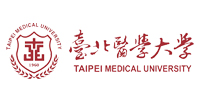
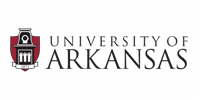
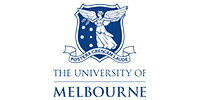
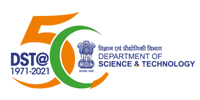
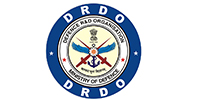
Program Details
Top Faculty
Student Voices
Top Campus Recruiters
Some of the major companies that visit our campus and hire our graduates are:
Frequently Asked Questions
Who teaches BSc Microbiology at Shoolini University?
The BSc Microbiology faculty at Shoolini University is well-qualified and experienced. The faculty members have a strong research background and are passionate about teaching. They are committed to providing students with a high-quality education that will prepare them for a successful career in microbiology.
What are the future opportunities after completing BSc Microbiology from Shoolini University?
There are many future opportunities after completing a BSc in Microbiology from Shoolini University. You can pursue a variety of careers in healthcare, research, and environmental science. Some common career paths include Microbiologist, Clinical Laboratory Scientist, Environmental Scientist, Food Scientist, Pharmacologist. In addition, you can also pursue careers in: Education, Writing, Consulting. With a strong education and a passion for science, graduates can make a real difference in the world.
How do you expose BSc Microbiology students to industry experience?
Shoolini University exposes BSc Microbiology students to industry experience through internships for hands-on experience; industry professionals visit campus for interactions and lectures giving students a first-hand look at what it's like to work in a specific industry; field trips to industry-related locations, such as research labs, hospitals, or food processing plants; and industry-sponsored projects that provide students with the opportunity to work on real-world projects.
What are the placement opportunities available for students who have completed BSc Microbiology at Shoolini University?
The placement cell at Shoolini University works closely with students to help them find jobs that match their skills and interests. The placement cell organises campus placement drives and helps students prepare for interviews, providing students with career counselling and guidance. Students can pursue careers in research, working in laboratories to study microorganisms and their role in the environment, food safety, and human health. Some other options are, Clinical Laboratory Science, Environmental Science, Food Science, and Pharmacology.
Do you have a strong alumni network?
Yes, Shoolini University has a strong alumni network. The active alumni association helps connect graduates, faculty members, and current students, providing a platform for networking, mentorship, and career guidance. This helps build long-term relationships between the university and its graduates.
Latest Blogs
Explore the latest insights and updates in our newest Shoolini University blogs!
Still have Queries? Contact Us
Please fill in the form and an expert from the admissions office will call you in the next 4 working hours.




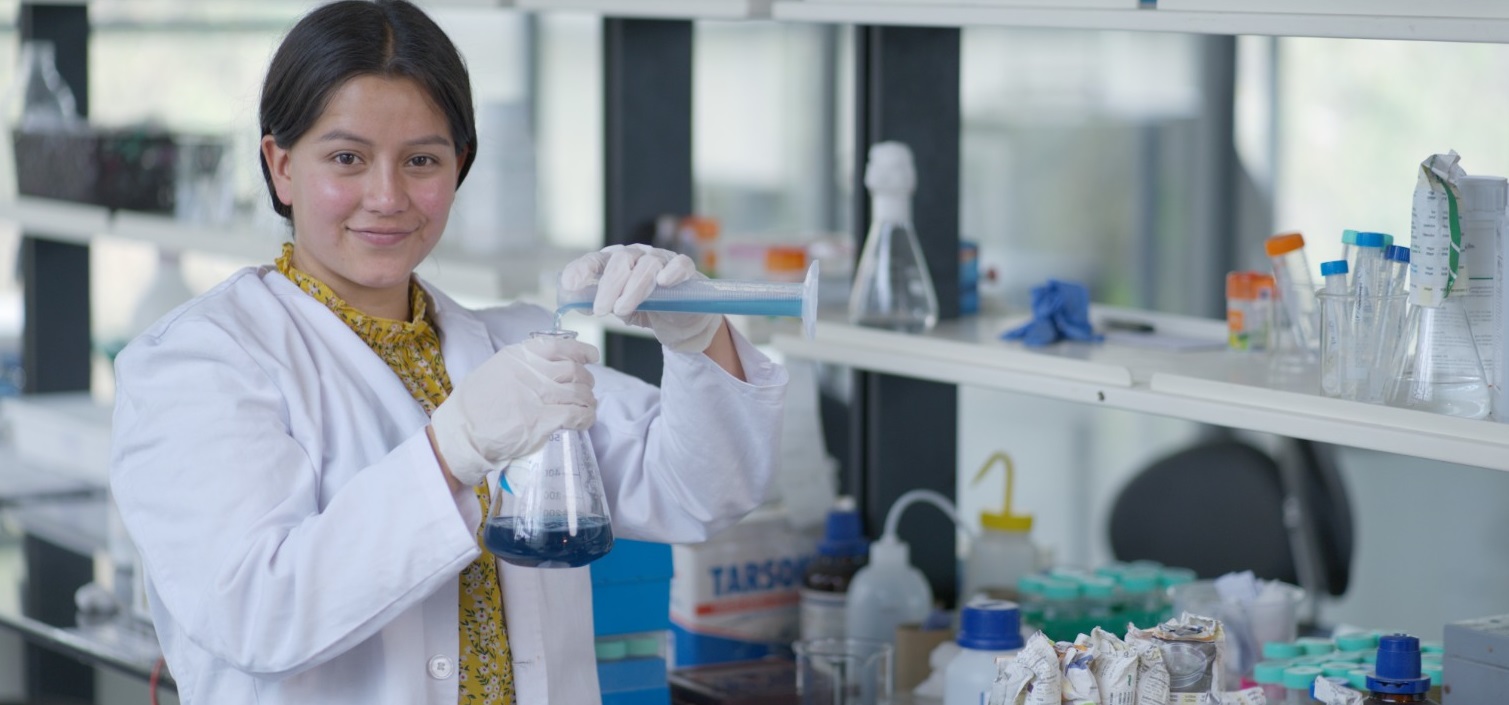



.JPG)

.JPG)














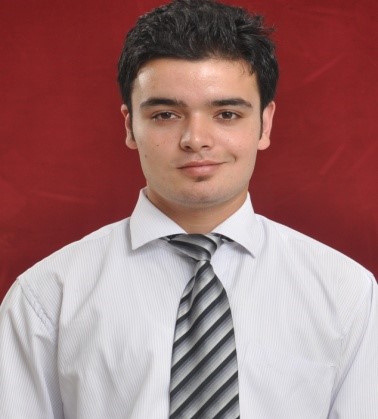
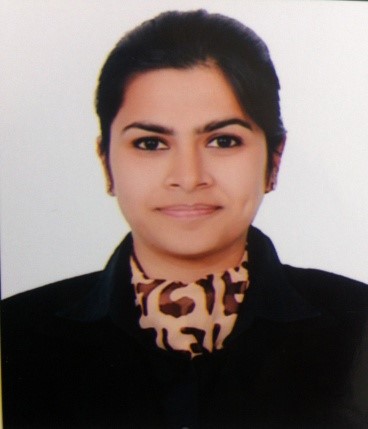






























.png)
.png)


.png)


